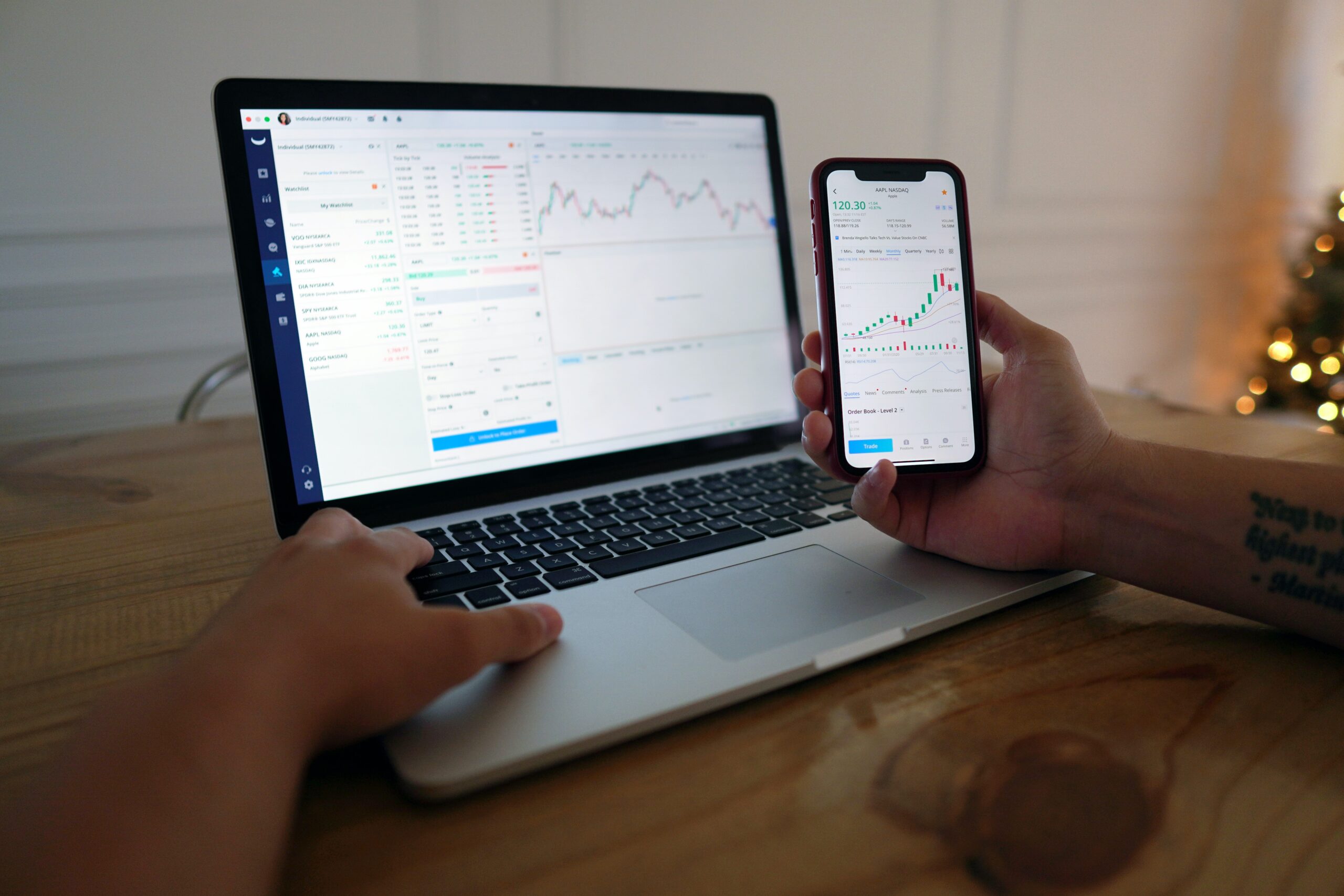By: Jaime Svinth
Whether you have been working since high school or plan to enter into the workforce after graduate school, learning how to manage your money is crucial for a secure financial future.
Gone are the days of simply putting money in the bank in hopes that interest rates compound the saved money. Enter: the stock market. Put simply, the stock market connects buyers to public shares of companies. As these companies grow, shares become more valuable, and thus an original investment earns you more money than you paid for it.
For some, starting to invest is an intimidating task, and one that some may put off until they are out of college. However, the sooner one can invest, the better, even if it’s just $100. Owen Graduate School Assistant Professor of Finance, Jesse Blocher, emphasizes the importance of investing as a college student and details the process of investment.
Why it’s important:
If you want to put your money in a place where it will grow over time, the stock market is the place to put it. As college students, it’s important to start as early as possible because the longer your money is invested, the more return you will get.
“One of the key components of finance is the relationship between risk and return,” Blocher said. “Investing in the stock market is riskier than putting money in the bank, but it will lead to a higher return.”
Step 1: Make an account and put money in it
As college students, it’s unlikely that many of us have access to 401k accounts. Blocher suggests opening an investment account instead, which is not entirely different than opening a regular bank account.
Websites like Charles Schwab, Ameritrade, and Etrade are all sources where you can open an investment account. Similarly, if you have a bank account at a larger bank like Chase or Bank of America, it might be possible to open an account through them. Once the investment account is made, you should transfer money from your checking account into this account to begin the process.
Step 2: What do you buy?
Blocher advises investing in low-cost index funds. “Low-cost” refers to a low expense ratio, which is the percentage you’re charged each year as a part of the index fund.
“Expense ratios in index funds should be low, because they don’t take much to manage,” Blocher said.
Students can also invest in exchange traded funds. The main difference in ETFs and Index funds lies in how they are traded. ETFs can be bought and sold during the day, whereas index funds can only be bought and sold at the end of the day. However, for long term investors, like college students, this distinction doesn’t make too much of a difference.
As more money is invested, more money will be compounded, so continually adding money to an investment account will lead to even greater returns than the initial investment. Blocher advises adding small amounts of money to your investing account in a way that works for you. For example, you can aim to save $100 every year. Or, you may opt to save $20 every month. Whatever the amount or frequency, saving small amounts is an accessible way for college students to compound their money.
Step 3: Don’t manage your portfolio (at least, not yet)
For a college student especially, it’s important to remember that you’re playing the long game. Focusing on small changes in the market daily only serves to increase your stress surrounding your investment. Instead, check your stocks only every once and awhile.
“There’s no management to do, and that’s the way it should be,” Blocher said. “You need to be studying and working on exams and going out with your friends instead of sitting at home working on a portfolio.”
Blocher especially advises against trading too often. Oftentimes, you will lose money both through the transactional cost and from the actual trade in the long-term. Trading like this is comparable to gambling–some people win big, but most people don’t, and the real winners are the casinos.
So, start saving, put your money in the stock market, and leave it be. Your future self will thank you.




